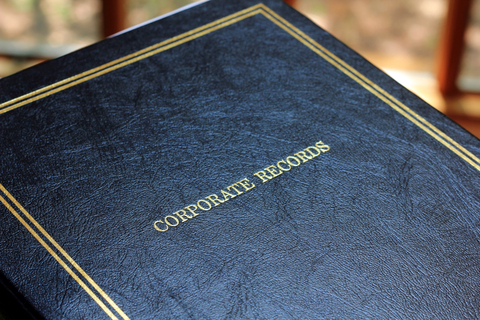Getting great search results – It starts at the source
Online searching is about much more than finding. Once you’ve run your searches, now what? And how did you get to the point of constructing some worthwhile searches? In a previous post, I listed several steps involved in the search process, and in this and future posts I’ll go into more detail about each step.
So, let’s start at the beginning – understanding, getting to know, and selecting your sources – because your results are only as good as your sources.
Here’s my list of what’s important to know about your sources for online research:
You won’t find your answers in one place
Yes, we still need to hear this. Investigators who use TLO and similar databases and nothing else. Database vendors who still tell me that their product does it all. Like any investigator, I love my subscriptions to Tracers and idiCORE, and those are just my starting points. Then I go to LexisNexis. With my subscription, I search the Nexis side for news, public records and watchlists, blacklists, sanctions. On the Lexis side, I search more watchlists, etc. and court dockets. For additional news I head to Dow Jones Factiva and ProQuest Dialog. Then multiple search engines for more news and other public information. I run social media searches through Google and the individual social platforms, and, in most cases, the final stop is to pull official documents for any public records that I plan to use in my reports. Depending on the case – I’ll use miscellaneous sources that I know will work for that situation. Clients pay me to be thorough, so – regardless of budget – there’s always more than one source.
Try out and compare your sources
Test different search engines and compare results. Does one work better in certain situations than others? For example, when searching a broad topic or a well-known company or individual with lots of results, I use a clustering search engine like Carrot2 to sort results into topic folders. For fee-based sources, take advantage of free trials and compare results to the same searches in similar products. In investigative databases, I like to search for my own name and check for accuracy. Find hidden features and ask about support options. In what formats can you download documents? Are you allowed to share results with clients or are they for your eyes only? What’s the cost,and can it be adjusted for your purposes? I’ve learned that there’s some price flexibility with certain premium database products. How many users do they allow, and what’s the cost for expanding usage? Finally, ask to see your sources’ sources. Are they authoritative and legally compliant? How large is their database, and does it include what that you need for your industry? I know that some claim it’s proprietary info, but they should be able to give you a general idea.
Know what sources work for you
My sources work for background investigations and asset research for a specific group of clients. Your work and your clients won’t be the same, so think about your outcomes. What will answer your or your clients’ questions? News? Public records? Non-public personal information? Make sure your sources cover what you need and notice what’s not included. Certain dates? U.S. only? Get used to the idea of using fee based sources, because some things won’t show up in free resources. And, yes, certain things don’t show up in my premium sources, but I find them in Google. Do you need to go direct to the source (Secretary of State website, County Clerk, state online court repository, etc.), or will you also use aggregated sources like LexisNexis and TLO, which collect records from multiple direct sources? Going direct is tricky if you don’t know where to look or if you have too many jurisdictions to cover. The aggregators come in handy when you need to take a broad approach, but the further you get from the direct source, the higher the chance of error – no matter how good a product.
What’s your process for selecting the right sources?




Excellent information! I’m currently enrolled in courses to become a Private Investigator and very appreciative of good advice and pointers from experienced investigators! Thank you for sharing your knowledge.
Thank you for reading my blog, Brandi, and best of luck in your PI journey.